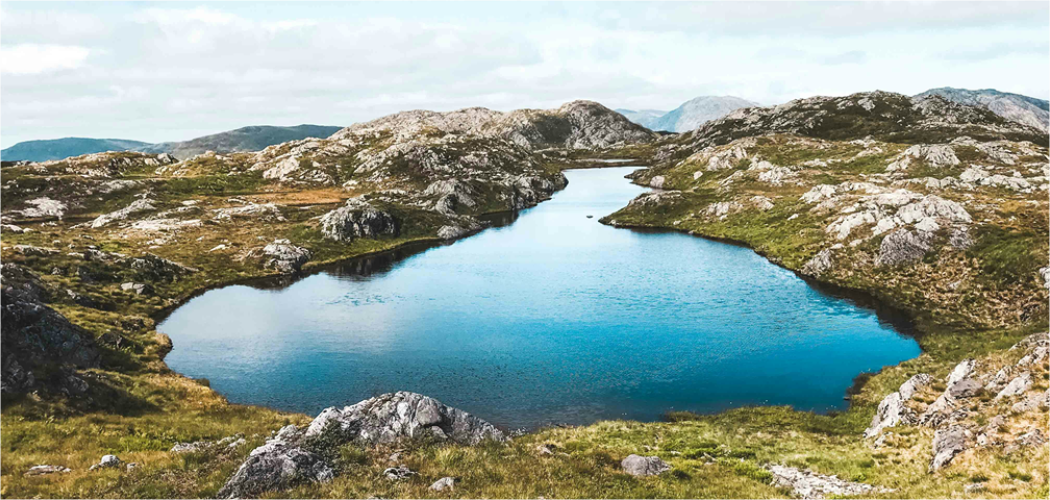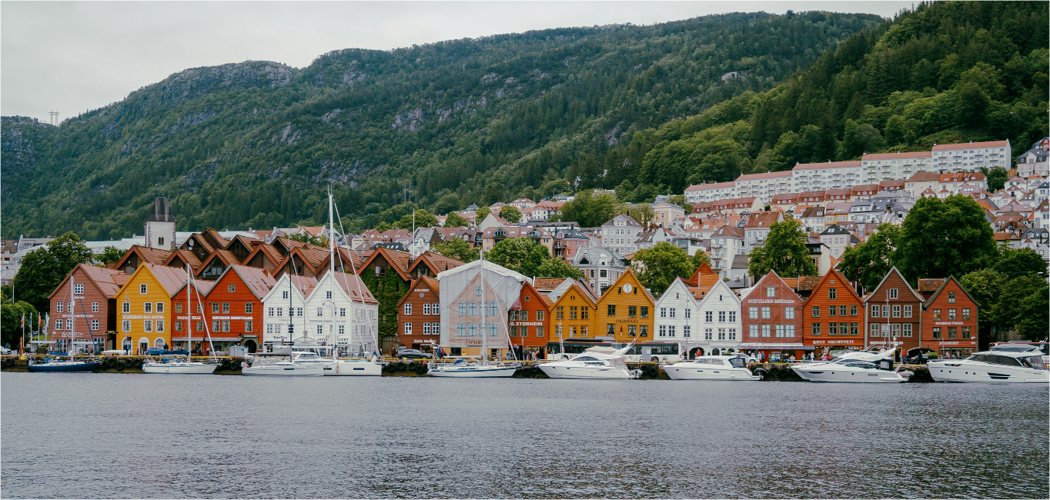Bergen welcomes European expedition studying human impact on coastal regions
The ‘Traversing European Coastlines’ (TREC) project is the first pan-European effort to study life in its natural context across scales and scientific disciplines. The TREC expedition will sample on land and at sea in Norway’s Bergen and surrounding areas. On 5 and 6 August a travelling exhibition will offer the general public an exploration of marine organisms at VilVite, the Bergen Science Centre.

Our seas and coasts host an extremely rich diversity of life, which plays critical roles in the stability and sustainability of wider ecosystems. However, anthropogenic interferences are leading to accelerated loss of species’ genetic diversity and destruction of functional ecosystems. To minimise the human impact of such external factors on coastal biodiversity, we must understand the molecular and cellular basis of how organisms interact in ecosystems and react to external pressures in the context of their natural habitats.
TREC is the first continent-wide project to study coastal ecosystems and their response to environmental challenges, on scales from molecules to communities. Led by the European Molecular Biology Laboratory (EMBL) together with the Tara Ocean Foundation, the Tara OceanS Consortium, and the European Marine Biology Resource Centre (EMBRC), TREC also involves national research institutes such as the Faculty of Mathematics and Natural Sciences at the University of Bergen, with the Espegrend Marine Research Field Station from the Department of Biology, and the Michael Sars Centre.
This scientific endeavour combines land- and sea-based expeditions along the entire European coast. At each point where the EMBL team and collaborators will sample soil, sediments, and shallow water with the mobile laboratory, researchers on the schooner Tara will sample the associated marine ecosystems – on the same day and in the immediate vicinity.
The TREC expedition brings together more than 150 research teams from over 70 institutions in 29 European countries. Scientists will collect soil, sediment, aerosol and water samples, as well as selected model organisms and numerous environmental data. Their work will cover a broad range of scales of life – from viruses and bacteria to algae, plants and animals – on land, in river estuaries, and at sea.
In total, TREC will examine the biodiversity and molecular adaptability of life at the molecular scale at 120 coastal sampling sites across 46 regions in 22 European countries.
The scientific teams will study the biodiversity and ecosystems on land and at sea, as well as the interactions of organisms with each other and with the environment. They will also collect information on environmental factors such as the presence of pollutants, antibiotics, pesticides, or hormones, as well as temperature, salinity, and oxygen levels.

Improving coastal health will require not only scientific knowledge but changes to the way societies interact with and use our seas, oceans, and coastal regions. The TREC stop at Bergen will include activities for the general public on 5 and 6 August.
The pan-European nature of the TREC project means that samples will be collected in a standardised fashion. This will make continent-wide data comparison possible compared with previous regional or national analyses. TREC thereby builds on the resources, infrastructure, knowledge, and expertise provided by EMBL, Tara and the EMBRC, as well as a vast network of European partner institutions including the Department of Biology and the Michael Sars Centre at the University of Bergen.
EMBL acknowledges the generous support of many institutions, donors and sponsors, in particular the Manfred Lautenschläger-Foundation, Eppendorf SE, Carl Zeiss Microscopy, and Friends of EMBL in helping make TREC possible.

